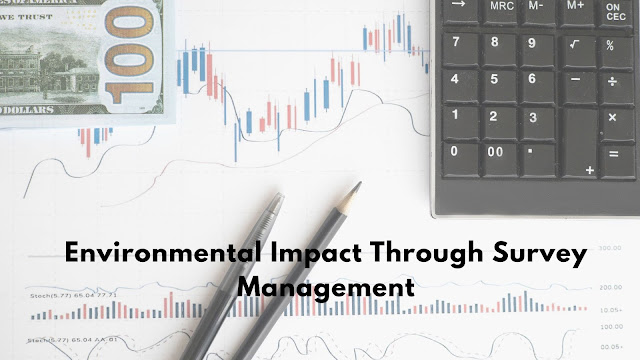Managing Environmental Impact Assessments (EIAs) Through Survey Management in Liverpool
When it comes to sustainable development in Liverpool, managing Environmental Impact Assessments (EIAs) is a crucial step. These assessments help ensure that new projects have a minimal environmental impact while supporting urban growth and improvement. Survey management, a field often underestimated, plays a significant role in this process. In this beginner's guide, we'll delve into how survey management contributes to managing EIAs in Liverpool.
Understanding the Importance of EIAs
Before we dive into survey management, let's grasp why EIAs are essential. An Environmental Impact Assessment is a systematic process that evaluates the potential environmental consequences of a proposed development or project. Liverpool, with its rich history and vibrant urban landscape, recognizes the need to balance growth with environmental preservation.
The Role of Surveyors in EIAs
Surveyors are the unsung heroes of EIA management. They are responsible for collecting data that forms the foundation of any assessment. Surveyors in Liverpool use advanced equipment and techniques to measure land, buildings, and environmental features. This data helps assess the baseline conditions and predict potential impacts.
Architectural Services and EIA Integration
In Liverpool, architectural services go hand-in-hand with EIAs. Architects collaborate with surveyors to ensure that the proposed designs align with environmental regulations. They use survey data to make informed decisions about building placement, materials, and energy-efficient designs, minimizing the project's environmental footprint.
Conducting Home Buyer Reports for EIAs
For domestic developments, such as housing projects in Liverpool, Home Buyer Reports are crucial for EIAs. These reports provide insights into the condition of existing structures, identifying any potential environmental issues. Survey management plays a pivotal role in conducting these reports accurately and efficiently.
The Survey Management Process
Survey management involves several steps, each critical to the EIA process:
1. Initial Survey Planning
Surveyors in Liverpool begin by planning the data collection process. They determine which types of surveys are necessary based on the project's scope, whether it's a residential or commercial development.
2. Data Collection and Analysis
Once the planning is complete, surveyors head out to collect data. They use various tools, including GPS equipment, laser scanners, and drones, to gather accurate information about the project area. This data is then meticulously analyzed.
3. Reporting and Documentation
Surveyors compile their findings into comprehensive reports. These reports are essential components of the EIA, as they provide the factual basis for assessing potential environmental impacts.
4. Collaboration with Environmental Experts
Surveyors often work closely with environmental experts in Liverpool to assess the data's implications. Together, they identify potential environmental risks and propose mitigation measures.
5. Feedback and Revisions
The data collected may lead to revisions in the project's design or plans. Surveyors play a vital role in implementing these changes to minimize environmental impact.
Environmental Considerations in Liverpool
Liverpool boasts a unique environment with its waterfront, historic sites, and diverse ecosystems. Survey management takes into account these specific environmental factors when conducting EIAs. The data collected helps identify areas that require protection and preservation.
Conclusion: Survey Management's Vital Role
In Liverpool, managing Environmental Impact Assessments is pivotal to maintaining the city's unique character while accommodating growth. Survey management, carried out by skilled professionals, ensures that the data used in EIAs is accurate and reliable. This, in turn, facilitates informed decision-making, reducing the environmental impact of development projects.
As Liverpool continues to evolve and grow, the integration of survey management into EIA processes remains essential. It serves as a cornerstone for sustainable development, ensuring that future generations can enjoy the beauty and heritage of this vibrant city.
So, next time you admire the beauty of Liverpool's urban landscape, remember that behind the scenes, surveyors and survey management are playing a crucial role in preserving and enhancing the city's environmental quality.

.jpg)
Post a Comment